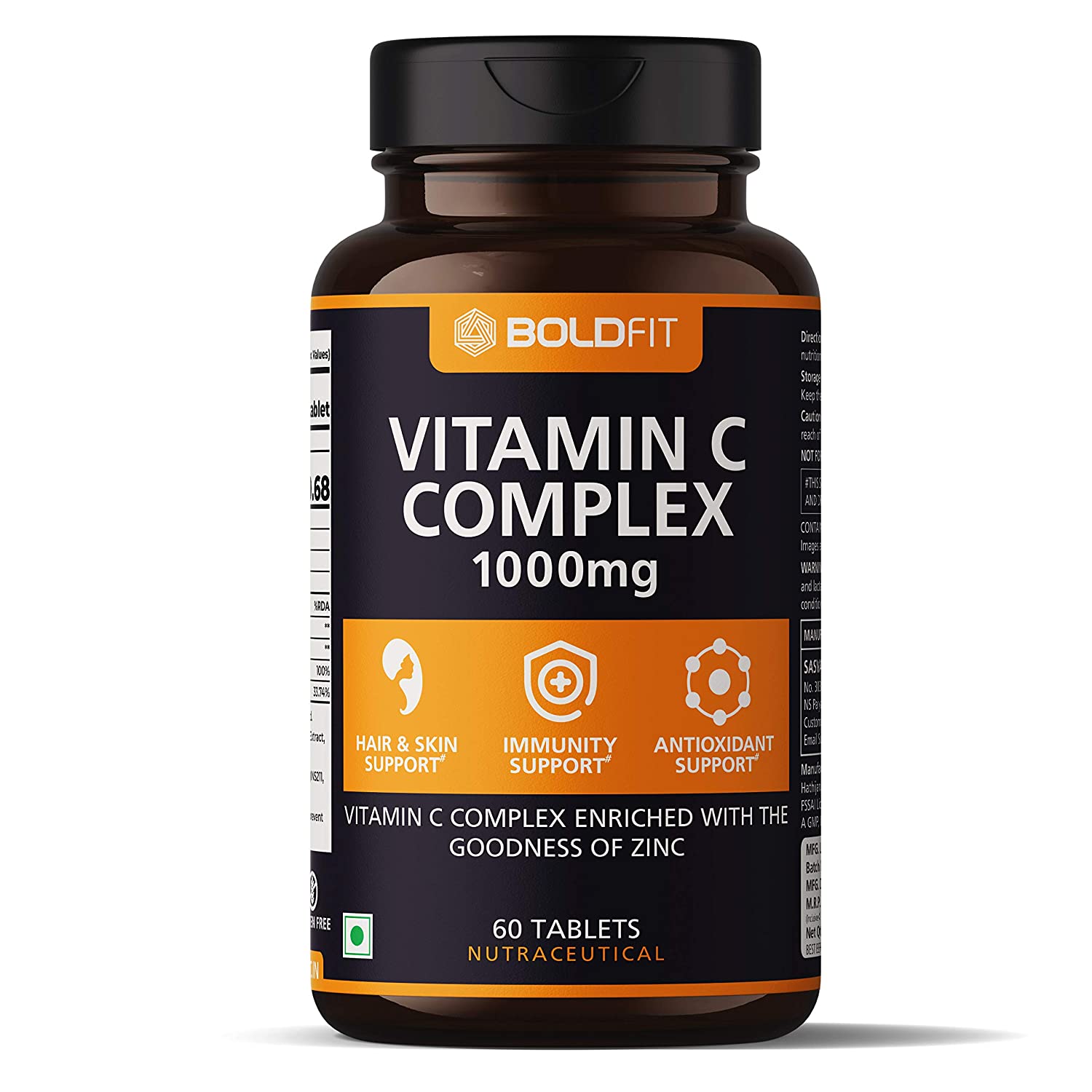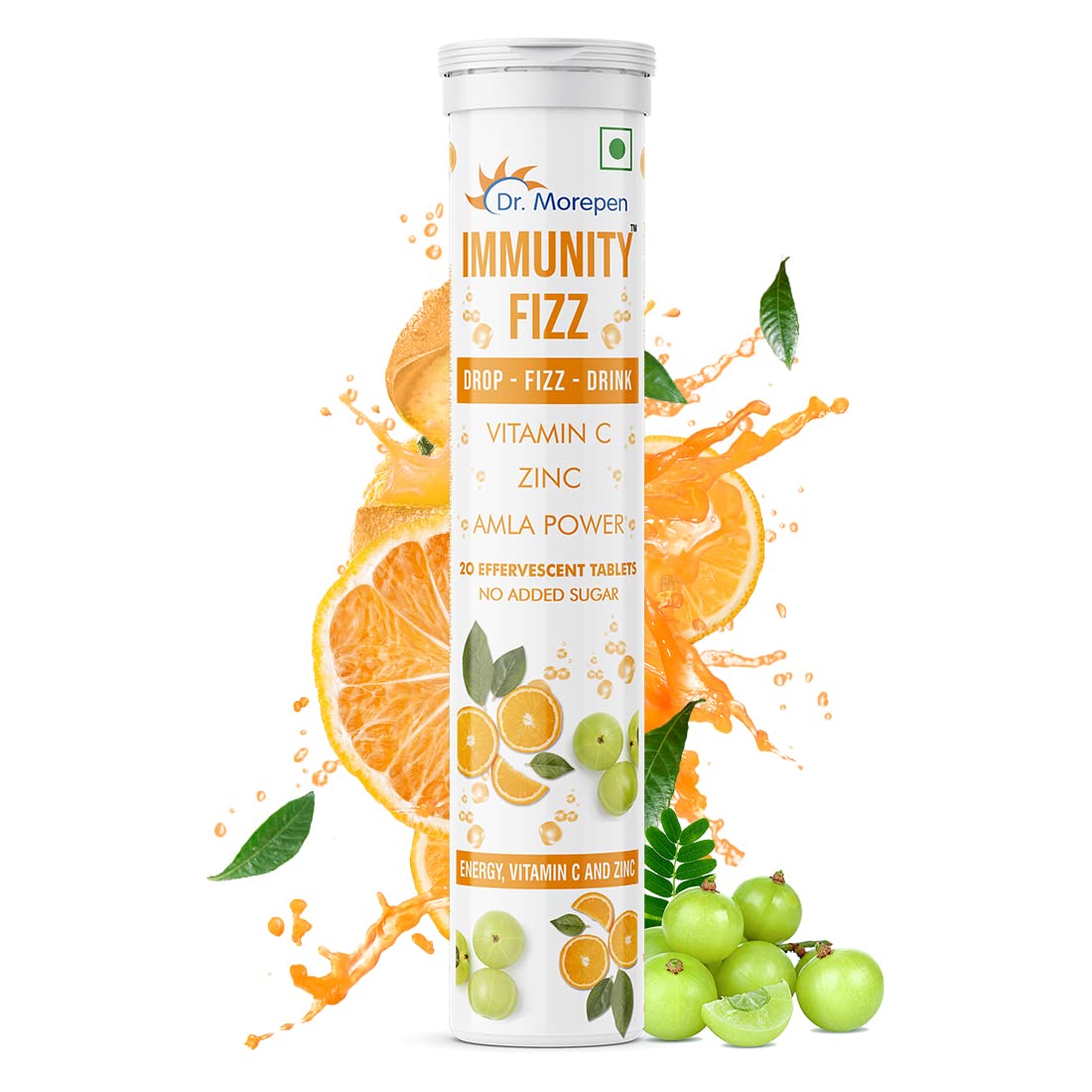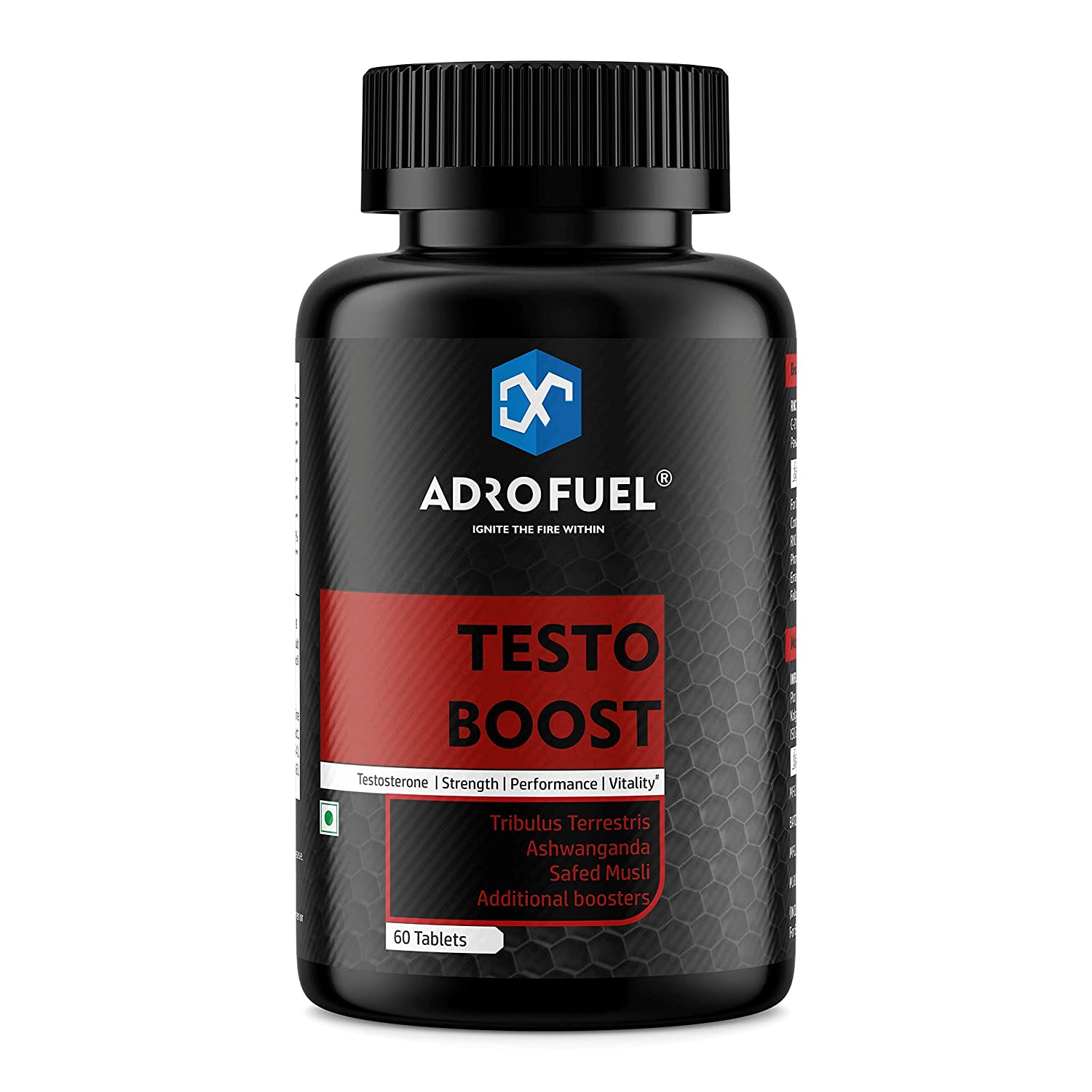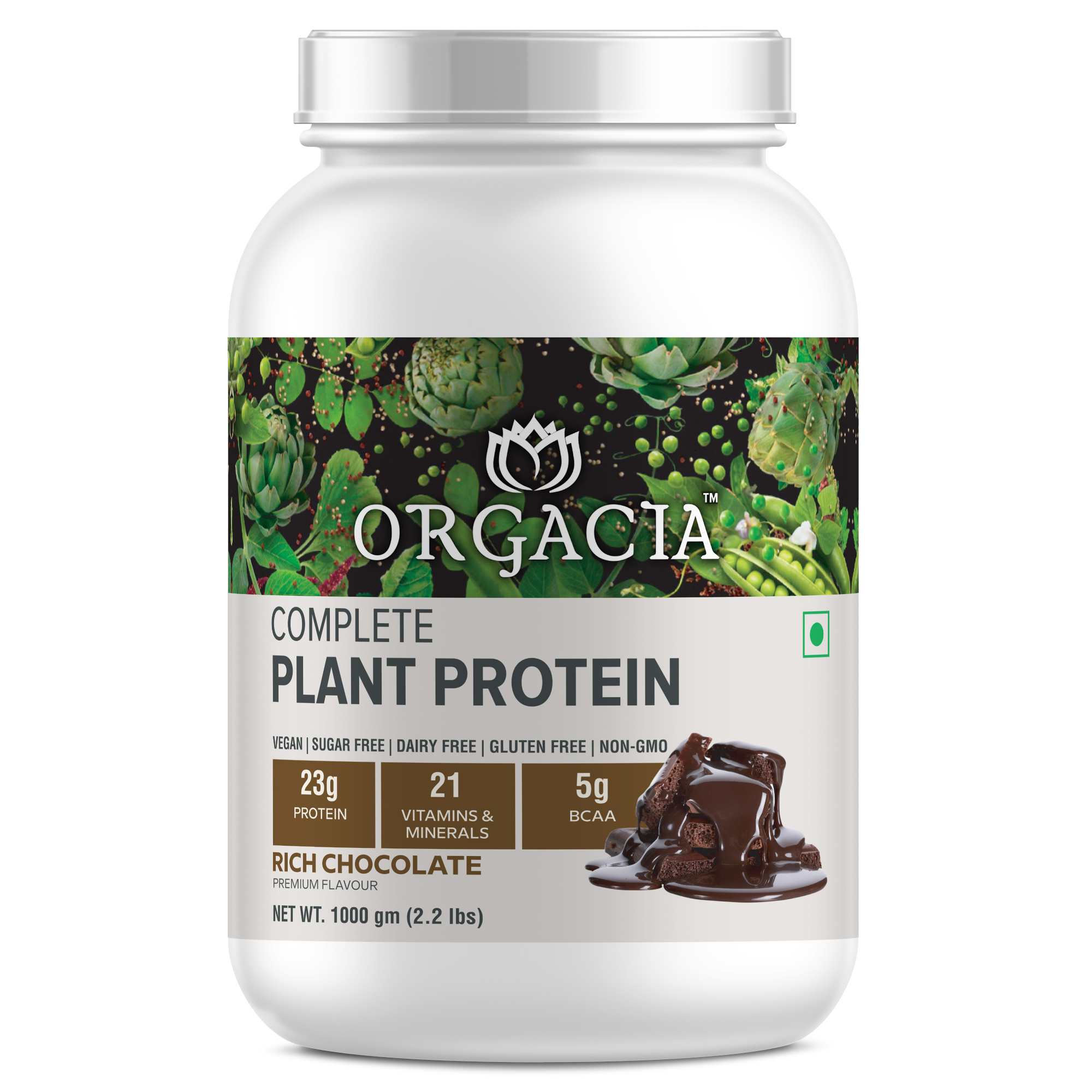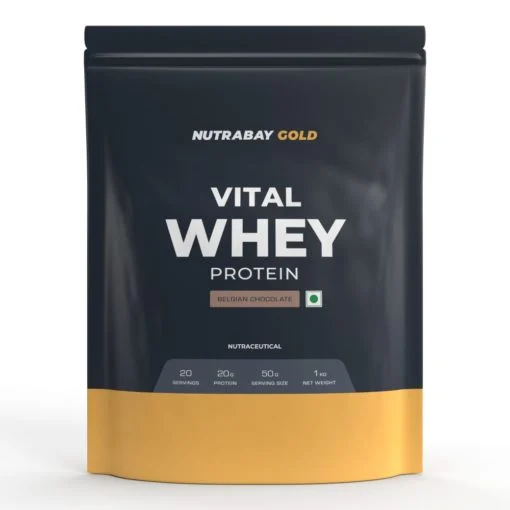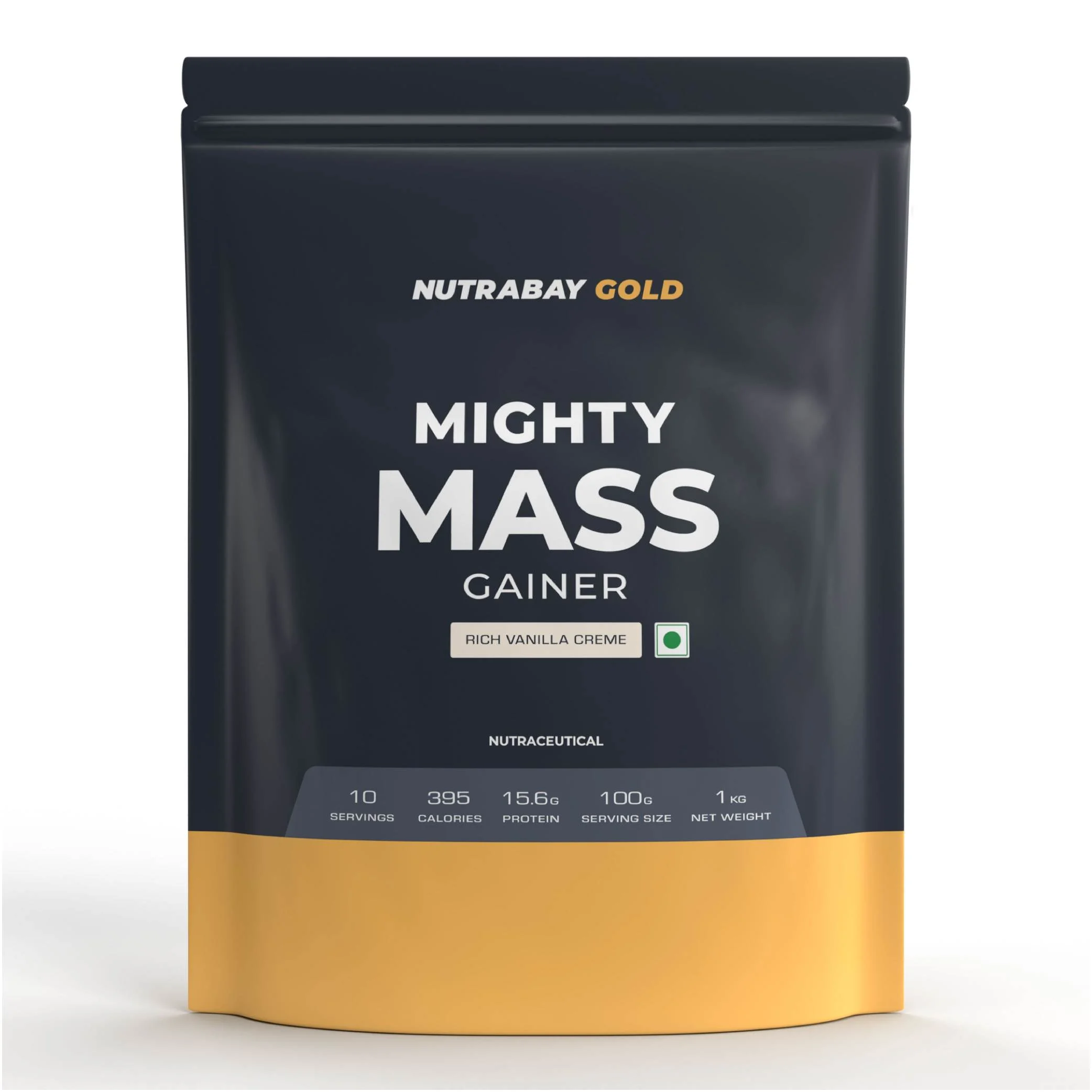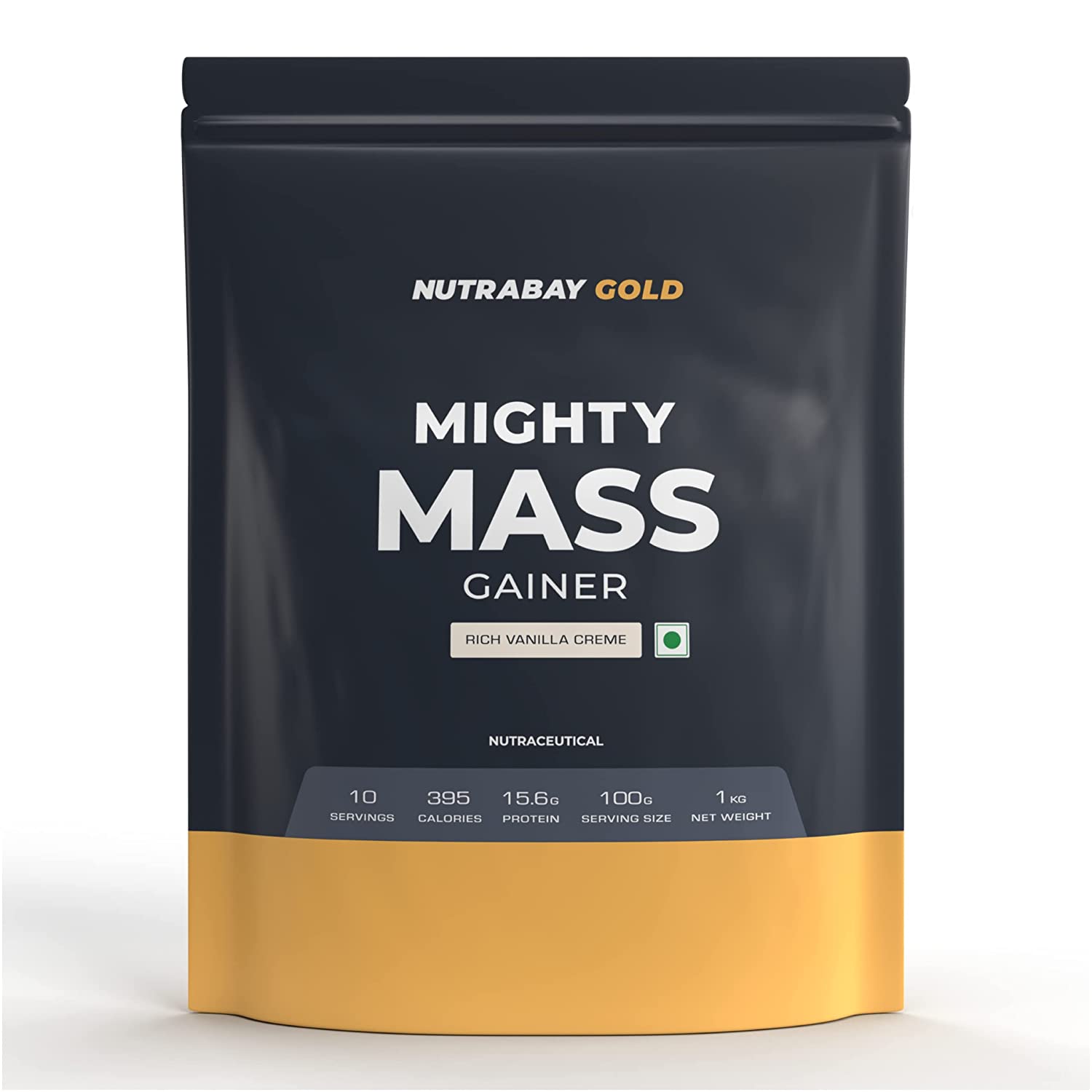Zinc Sulphate
Micronutrient
Last update date: October 11, 2023
Zinc sulfate is a salt with combination of zinc and sulfur. It is used to treat zinc deficiencies.
Frequently Asked Questions
1.
What is Zinc Sulphate?
Zinc Sulphate is a naturally occurring mineral that plays a crucial role in supporting growth and the development and maintenance of various body tissues. It is an essential nutrient required for the proper functioning of enzymes and proteins involved in many physiological processes. This mineral is commonly used to treat and prevent zinc deficiency, a condition that can lead to impaired immune function, growth retardation, and other health issues.
2.
What is positive impact of Zinc Sulphate?
Zinc Sulphate, when taken as directed by your doctor or as mentioned in the product package, can offer several positive effects. These include: Boosting Immune Function: Zinc is vital for a robust immune system, helping your body fight off infections and illnesses effectively. Supporting Growth and Development: Zinc plays a significant role in promoting proper growth and development, especially in children and adolescents. Wound Healing: It aids in the healing of wounds by facilitating cell division and tissue repair. Maintaining Skin Health: Zinc is involved in maintaining skin integrity and may help in managing certain skin conditions.
3.
What is negative impact of Zinc Sulphate?
When using Zinc Sulphate, some individuals may experience mild side effects, including: Nausea and Stomach Upset: Some people may experience mild stomach discomfort or nausea. Taking the supplement with food can help alleviate these symptoms. Heartburn: Zinc Sulphate may cause heartburn in some cases, but it usually resolves on its own. It's essential to note that most people tolerate Zinc Sulphate well, and serious side effects are rare. If you experience any persistent or severe adverse reactions, consult your doctor promptly.
4.
Who should avoid Zinc Sulphate?
While Zinc Sulphate is generally safe for most people when taken as recommended, certain individuals should exercise caution or avoid its use: Allergies or Sensitivities: If you have known allergies or sensitivities to zinc or any related substances, avoid using Zinc Sulphate. Underlying Health Conditions: Individuals with certain health conditions, such as kidney disease or hemochromatosis (iron overload disorder), may need to limit their zinc intake. Consult your doctor if you have any underlying health concerns. Always consult with a healthcare professional before starting any new supplements, especially if you are pregnant, nursing, or taking medications.
5.
What are common sources of Zinc Sulphate?
To maintain adequate zinc levels, include these common sources of zinc in your diet: Oysters: Oysters are the richest source of zinc, providing a highly bioavailable form of the mineral. Red Meat and Poultry: Beef, lamb, and chicken are good sources of zinc. Beans and Nuts: Legumes such as chickpeas, lentils, and nuts like almonds and cashews contain zinc. Seafood: Crab and lobster are additional seafood sources of zinc. Whole Grains: Whole grains like wheat, rice, and quinoa contribute to zinc intake. Breakfast Cereals: Some fortified breakfast cereals contain added zinc. Dairy Products: Milk, cheese, and yogurt also contain zinc, though in smaller amounts. Maintaining a balanced and varied diet with these sources can help ensure sufficient zinc intake to support overall health.
6.
Which are symtoms of Zinc Sulphate deficiency?
Zinc deficiency can lead to various health issues, and recognizing the signs is essential for timely intervention. Some key points to note about zinc deficiency include: Impaired Immune Function: Insufficient zinc can weaken the immune system, making you more susceptible to infections and illnesses. Growth and Development Delays: In children and adolescents, zinc deficiency may lead to growth retardation and delayed sexual maturation. Skin Problems: Skin issues like dryness, rashes, and acne may occur due to zinc deficiency. Hair Loss: Zinc plays a role in hair follicle health, and its deficiency may contribute to hair loss. Delayed Wound Healing: Zinc is essential for wound healing, and deficiency can lead to slower recovery. Loss of Appetite: A lack of appetite can be a symptom of zinc deficiency.


